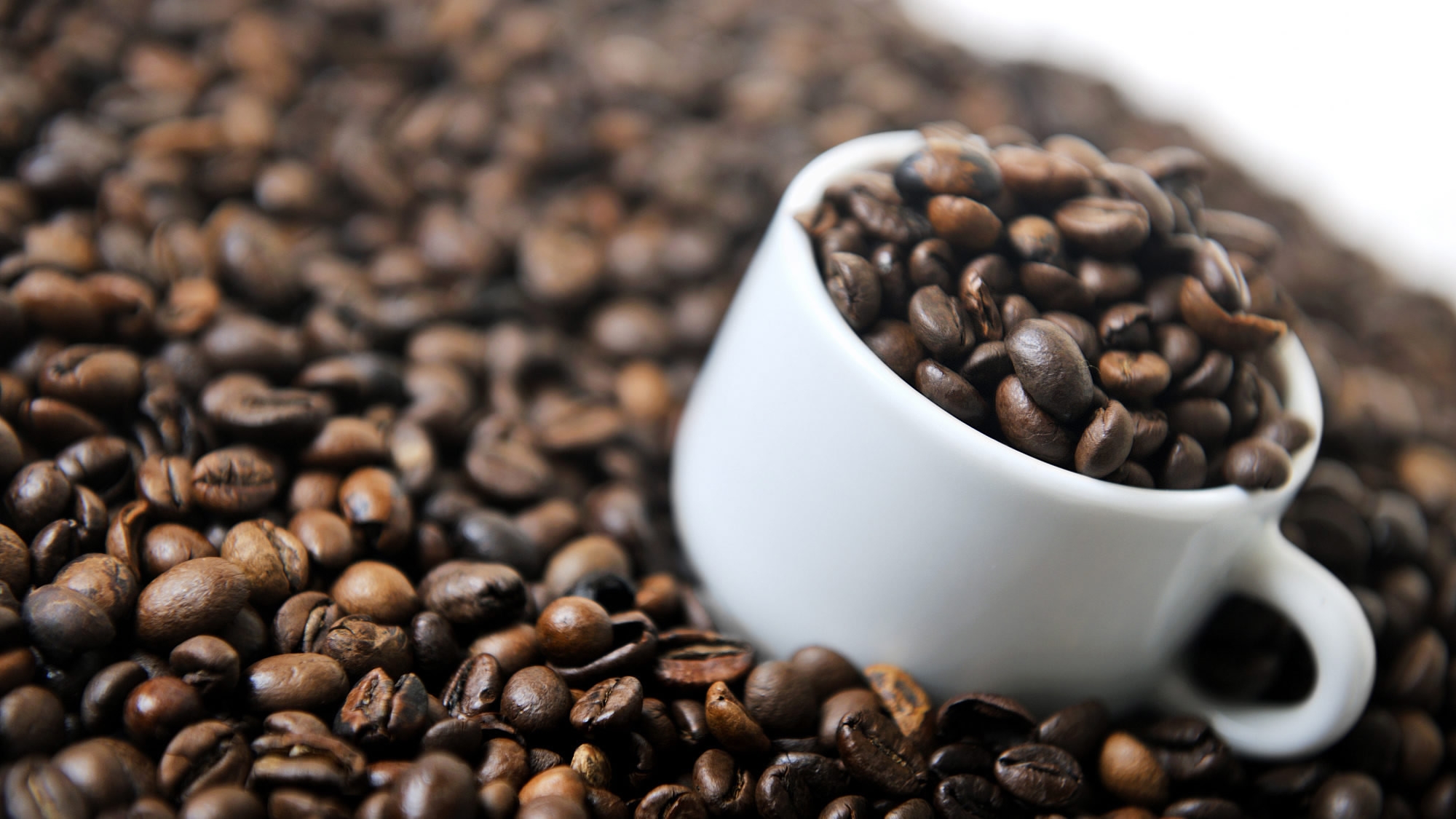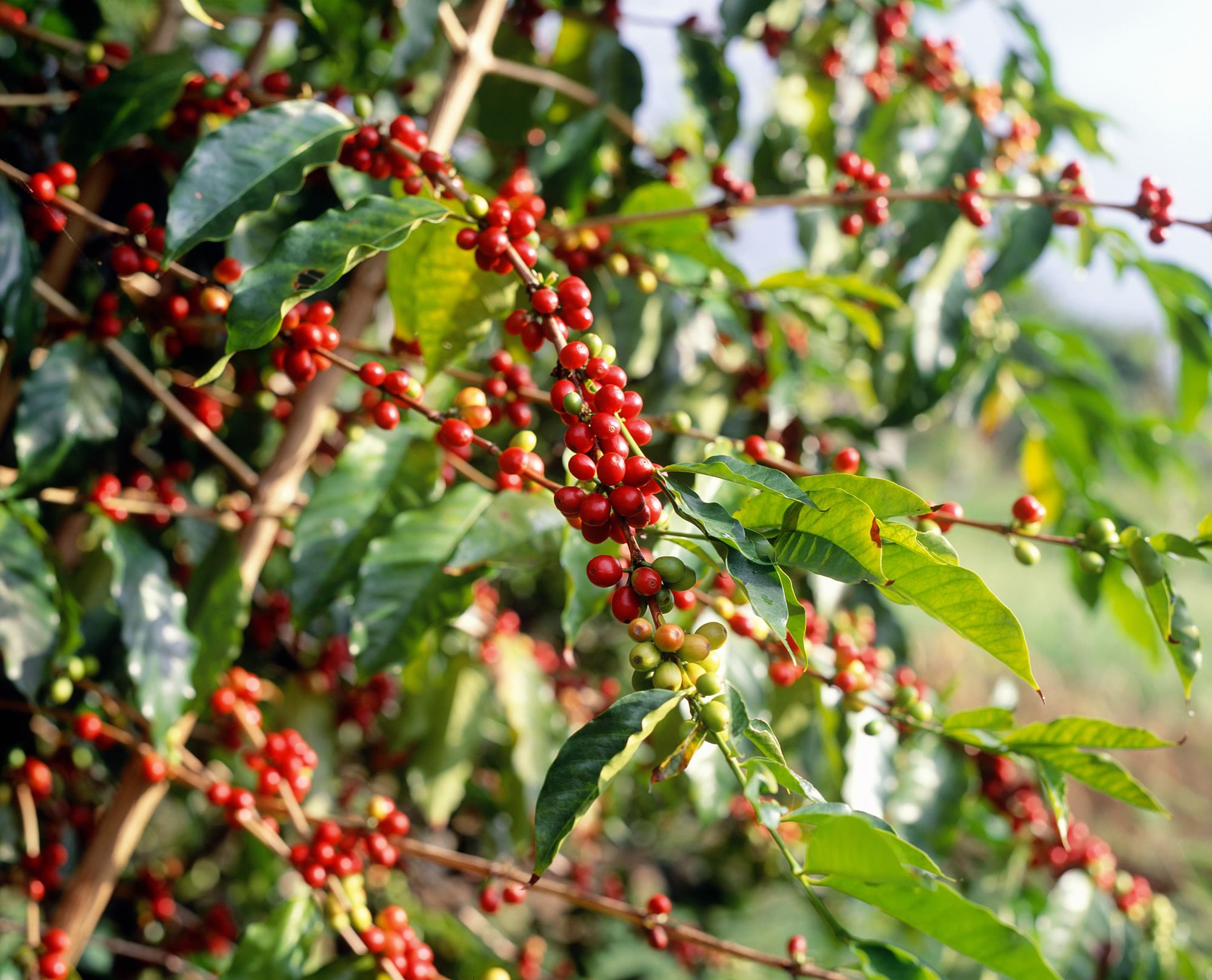World's coffee crop could be under threat due to global warming, says study
2017-04-03 13:30 GMT+8
8900km to Beijing

Editor
Xie Zhenqi
Enjoy your coffee now, because it may be harder to do so if global temperatures keep getting warmer.
A new study by Oregon State University (OSU) suggests that when coffee plants are subjected to heat waves, even in short duration, they became unable to produce flowers and fruit, meaning there would be no coffee beans and no coffee to drink.
By investigating how leaves age and how heat stress affects coffee plants' recovery during greenhouse testing, researchers from College of Forestry at OSU found that the younger, "expanding" leaves were particularly slow to recover compared to mature leaves, and that none of the plants that endured the simulated heat waves produced any flowers or fruit.

Heat waves, even for a short duration, can have a negative impact on the world’s coffee crops. / CFP Photo
Coffea arabica, the globe's dominant coffee-plant species, grows in 80 countries on four continents in the tropics, accounting for 65 percent of the commercial production of the nearly 20 billion pounds, or 9.08 billion kilograms, of coffee consumed globally each year.
"This emphasizes how sensitive Coffea arabica is to temperature," Danielle Marias, a plant physiologist with OSU's Department of Forest Ecosystems and Society and lead author of a paper published in Ecology and Evolution, said about the findings. "No flowering means no reproduction, which means no beans, and that could be devastating for a coffee farmer facing crop failure."
In the study, Coffea arabica plants were exposed to heat that produced leaf temperatures of a little over 120 degrees Fahrenheit, or 47 degrees Celsius, for either 45 or 90 minutes. That leaf temperature, more than the surrounding air temperature, Marias said, is a realistic result of global climate change.

CFP Photo
"Heat is very stressful to the plants and is often associated with drought," she said in a news release from OSU. "However, in regions where coffee is grown, it may not just be hotter and drier, it could be hotter and wetter, so in this research we wanted to isolate the effects of heat."
Regardless of the leaf age, the longer heat treatment resulted in decreased water-use efficiency, which could also worsen the effects of heat stress, particularly during drought.
(Source: Xinhua)
8900km
Copyright © 2017
